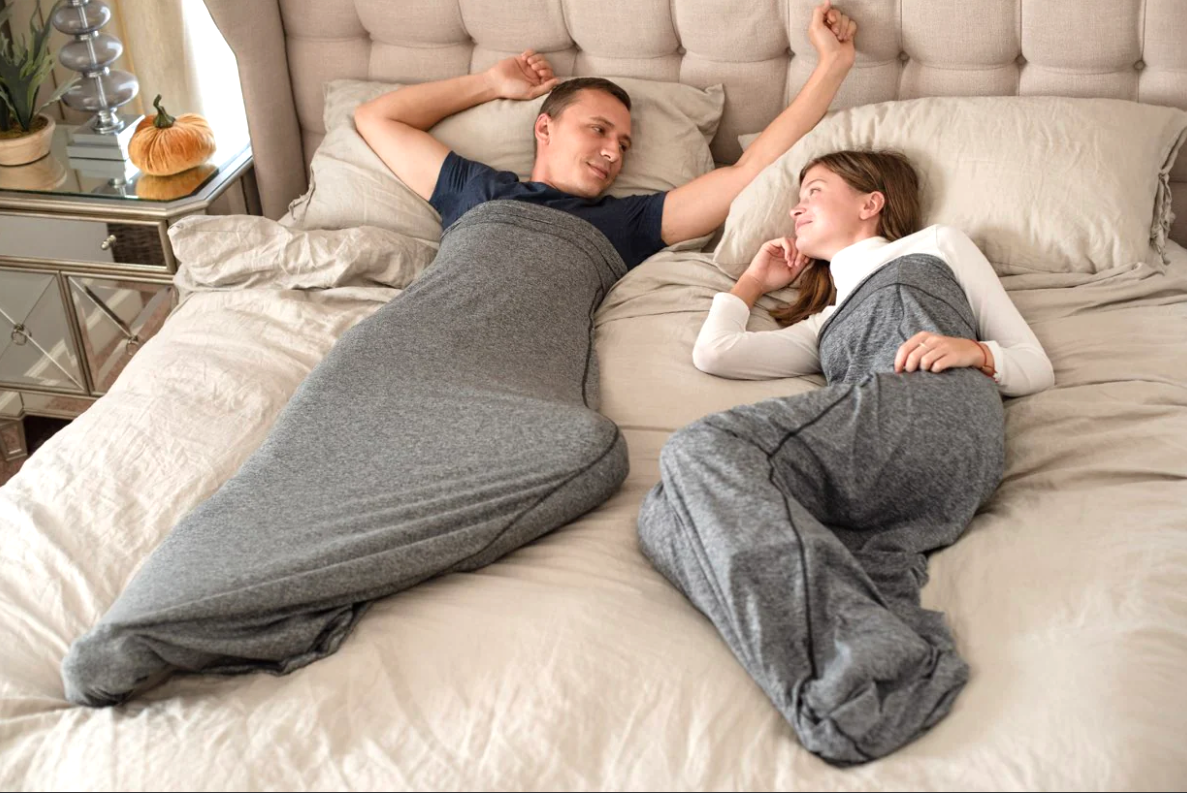Sleep is a building block of good health. During sleep the body repairs [damaged cells] and rejuvenates itself.
It is also "important in forming memories," says Robert Stickgold, PhD of the Harvard Medical School. When you sleep, your brain organizes the experiences and "skills you learn during the day, refining and making sense of them."
There is a significant link between how well someone sleeps and his/her overall health and function, according to the Harvard studies. A chronic lack of sleep leads to illnesses such as heart disease, hypertension and stroke, as well as, depression, weight gain, diabetes and obesity.
It turns out that too little or too much sleep is a bad thing. Studies show that adults who sleep less than 7 hours, or more than 9 hours don't live as long as those who average 7 to 8 hours of sleep a night. And laboratory animals die faster from a lack of sleep than a lack of food or water.
So if you want to stay healthy, function at full capacity and live a long life free of disease, make sure you get the right amount of zzzs. And don't fret if your teenager sleeps more than 8 hours. Ten hours, or more is not unusual for preteens and teens when bodies and brains are developing.
A good night's sleep is sleep that is undisturbed by noises or lights, so you will drift into and benefit from REM sleep, which happens at intervals during the night and is characterized by rapid eye moment, dreaming and bodily movement, as well as, faster pulse and breathing. REM sleep is crucial to restful sleep. When you don't get it, you wake up exhausted.
To fall-and-stay-asleep easily, doctors recommend:
1. Establish a bedtime routine where you wind down and disengage yourself from stimuli. This means shutdown your computer and stop checking your email two hours or so before bed.
 2. Sleep in a dark room -- free of all light. Cover up the light from clocks and electronics if necessary. The brightness interfers with sleep even when you are not aware of it.
2. Sleep in a dark room -- free of all light. Cover up the light from clocks and electronics if necessary. The brightness interfers with sleep even when you are not aware of it.
3. Sleep in a cool room about 65 F to 72 F with soft, cozy covers.
4. Don't sleep with a television, or radio playing nor you cell phone near your pillow. Turn all devices off. They interfere with the quality of your sleep, depriving you of much needed REM sleep. You need 8 hours of silence.
5. If you wake up, focus on relaxing and resting in bed. You can also try reading until you are drowsy. It is better to stay in bed rather than to get up, eat, or turn on your computer. You don't want to stimulate yourself, but to reinforce the habit that nighttime is for resting and sleeping. If you start getting up, the bad habit of waking up will soon replace the good habits of resting and sleeping.
6. Watch what you eat and drink. You may have to stop drinking caffeinated drinks after 4 or 5 PM; and alcohol interferes with REM sleep. Wine may lure you to sleep, but you will wake up a few hours later ... tired.
7. Don't set a snooze button. Go to bed on time so you can get the proper amount of sleep, set the alarm for the correct time, then get up when it rings.
8. See a sleep specialist if you have a hard time getting a good night's sleep.
You don't want to live a life deprived of sleep. If you have to pry yourself out of bed every morning, you aren't getting the hours you need. With a good night's sleep you should always feel rested and refreshed when you open your eyes in the morning. Try the steps above for several weeks. Good sleep habits will lead to sweet dreams.
You may also enjoy:
Good Housekeeping's Food Safety Tips
Doctor's Orders: Is It Time For A Checkup?
The Health Benefits Of Tea
Health Care Reform, A Doctor Weighs In






